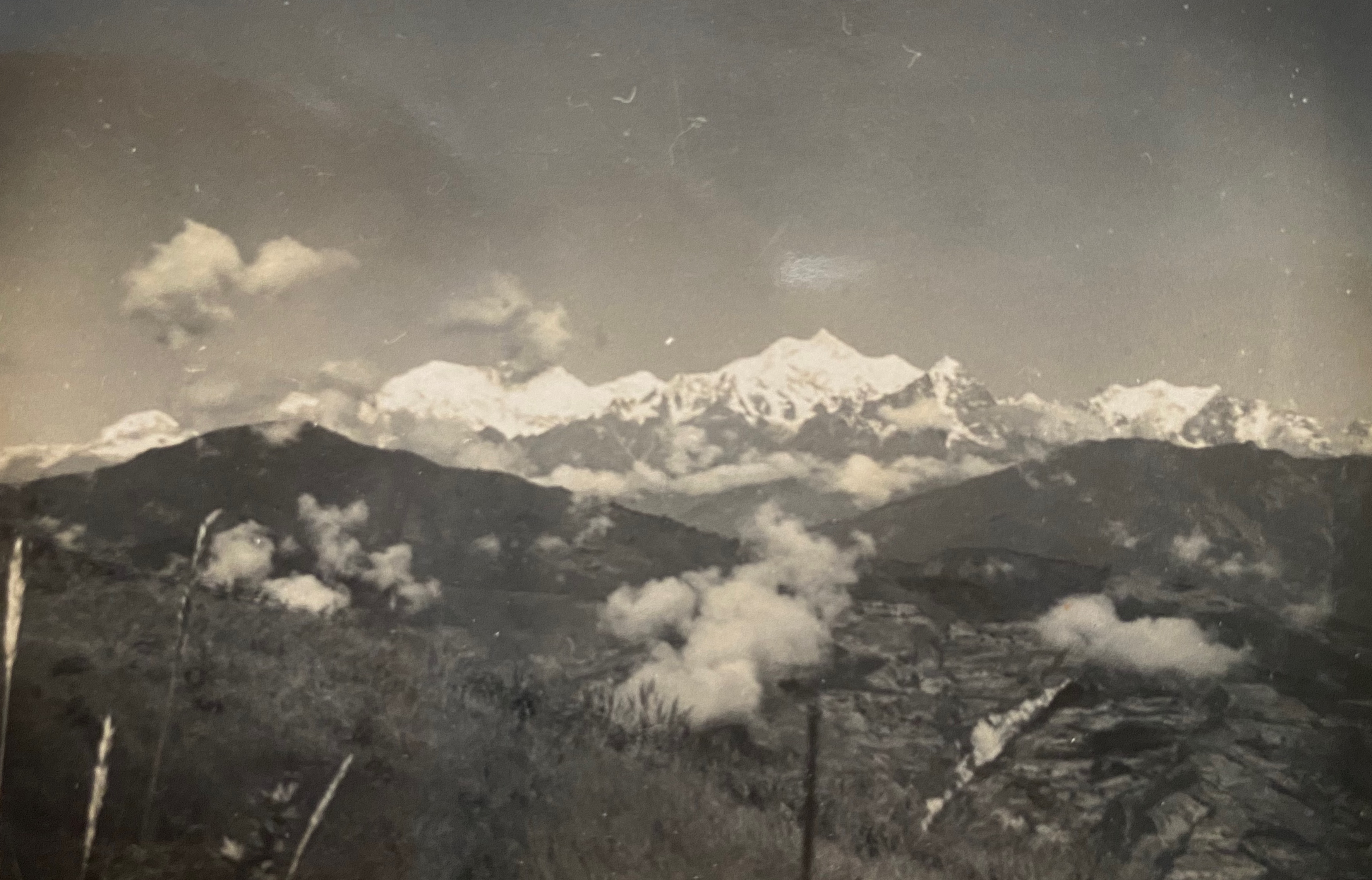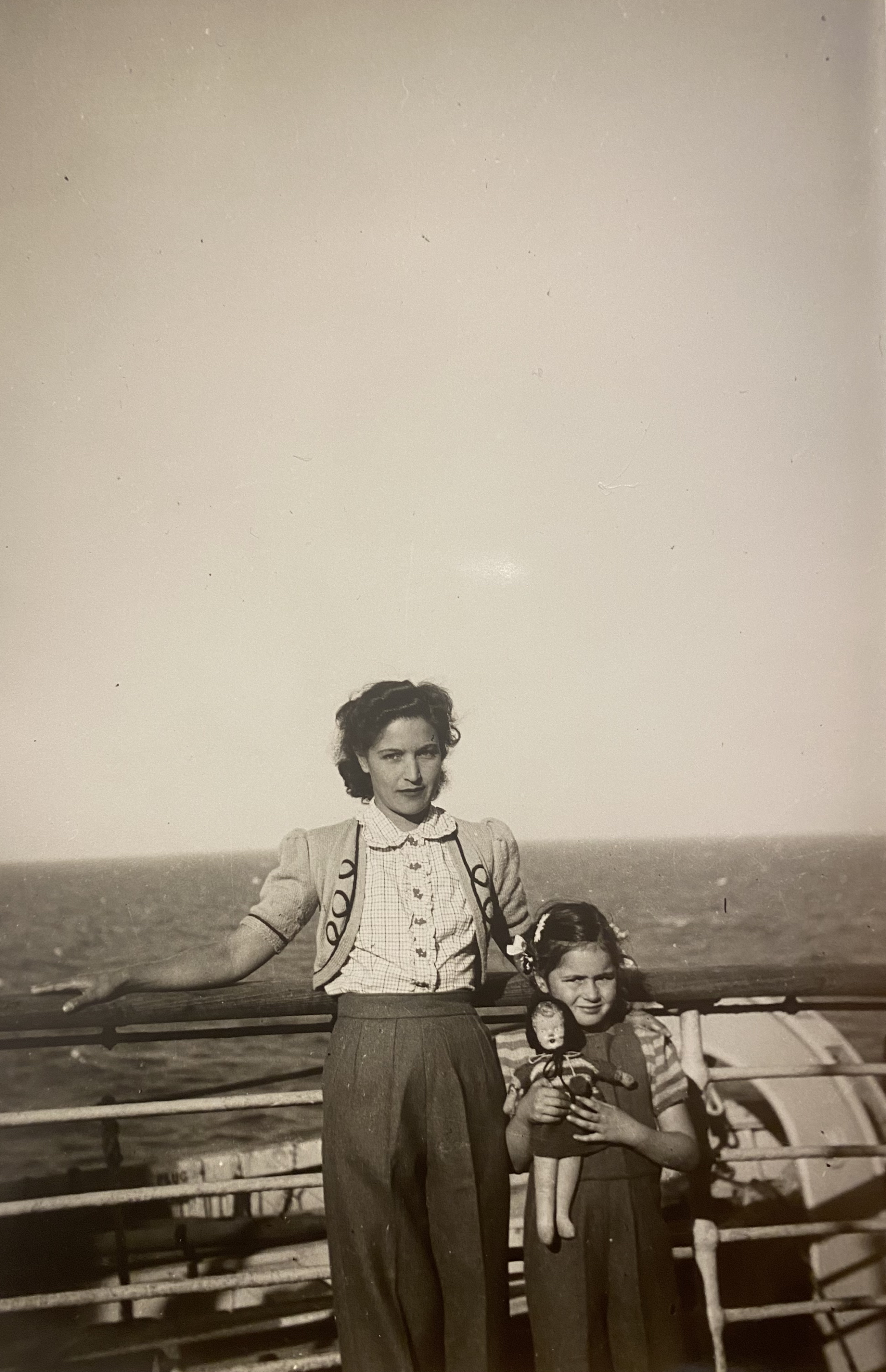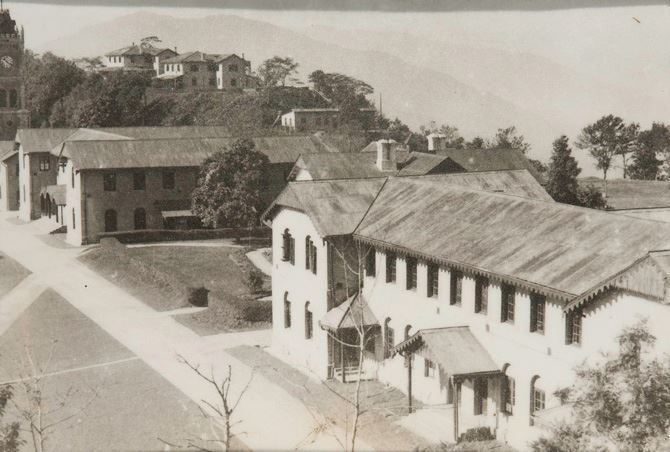Inheritance
An exploration of family history spanning across three generations of mixed race women starting in roughly 1900 at the St Andrews Colonial Homes in Kalimpong. A district in the state of West Bengal, India.
Working with family photos, letters and research.


